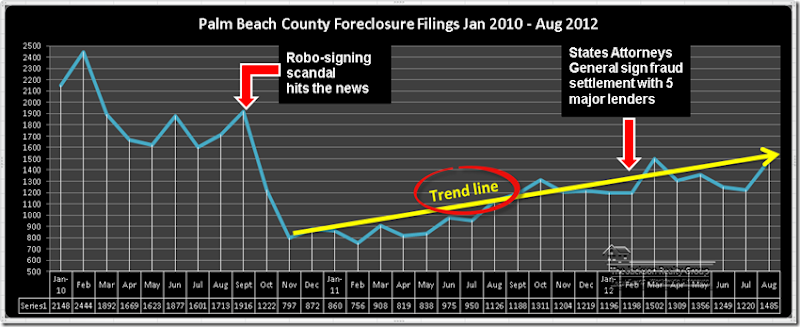 This week I had a meeting to discuss the details of the launch of a new type of lease-option program for my clients. This is very exciting news for the thousands of people looking to do a lease option the ability to lease option a very wide range of homes.
This week I had a meeting to discuss the details of the launch of a new type of lease-option program for my clients. This is very exciting news for the thousands of people looking to do a lease option the ability to lease option a very wide range of homes.Our program is unique as it allows people who would not qualify for traditional home financing due to a short sale, foreclosure, or credit issues to select the home they would like to buy at some point, have our investor purchase it, and have a long-term lease with the option to purchase WITHOUT having to make the typical large, non-refundable option payment.
Since the market crash I have had dozens and dozens of people asking me to help them find a seller that would do a ‘lease-option’ or hoping to find someone to owner finance. This has always been (until now) a very difficult goal to accomplish as the minute number of sellers that would consider a lease option for their home are looking for a significant non-refundable deposit to be included.
These clients, and thousands more like them, are not able to buy at the present time for any number of reasons, but need the security of a long-term housing solution and typically are very specific about the school district they need to be in. They don’t want to pursue a standard rental and the uncertainty that comes along with it…the owner can decide to not renew the lease, sell the house, or even let it go into foreclosure forcing the tenant to move every year and uprooting their family over and over.
What makes my new program so unique is that, once approved, the buyer/tenant gets the ability to go and shop for the homes they want to eventually buy (within their approved budget) and once a home is identified, our investor with my assistance, purchases the home as a cash sale for the buyer/tenant.
After the normal inspections, the sale can close quickly as there is no financing involved. Sellers who may have been unable or reluctant to do a lease option themselves get the benefit of a quick, cash sale. The buyer has the flexibility to move in with much less than the typical lease option would require too. A security deposit, and first and last month’s rent is typical. Much less than would be typical for an owner financed purchase.
Right now in Palm Beach county there are under a dozen homes that have offered non traditional financing, or lease option programs (and they require a big, non-refundable deposit). But now I have a way to satisfy sellers looking for a hassle free sale, and to help buyers that are looking for a lease option program.
The basic criteria we look for with the buyer is steady income, no serious criminal history, and a minimum household income of $50,000. With regards to homes that qualify we allow homes priced up to $500k and homes that are in good school districts.
If you think that this program may work for you, give me a call right away at 561.602.1258 to set up your initial meeting. Regardless of credit issues, a prior short sale, bankruptcy, or even a foreclosure this could be a new way to get your family’s next home. I am very excited to have this great option to give families the housing stability they need in the school districts they want with the prospect of buying their home in the near future!
Call me today to see if you can pick out your new lease-option home!
Steve Jackson
561.602.1258


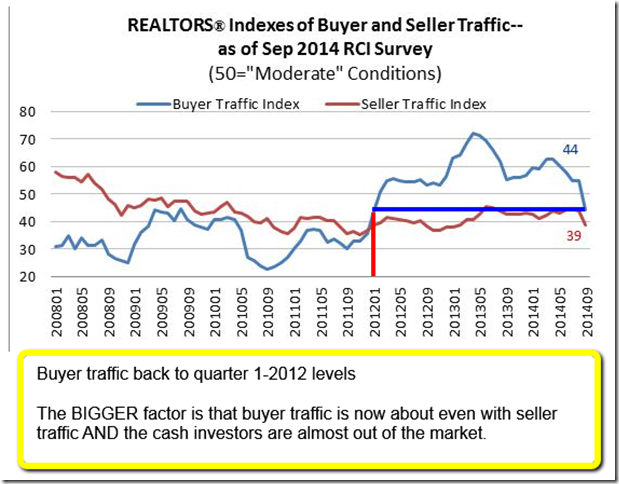


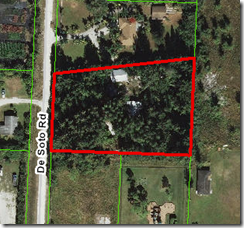

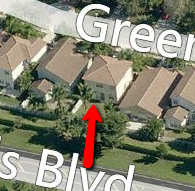






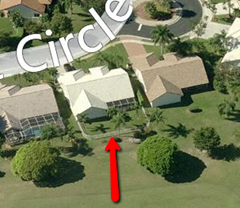

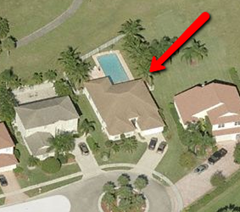
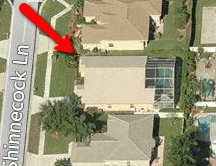
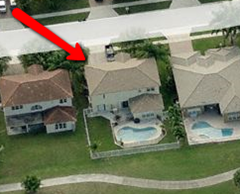

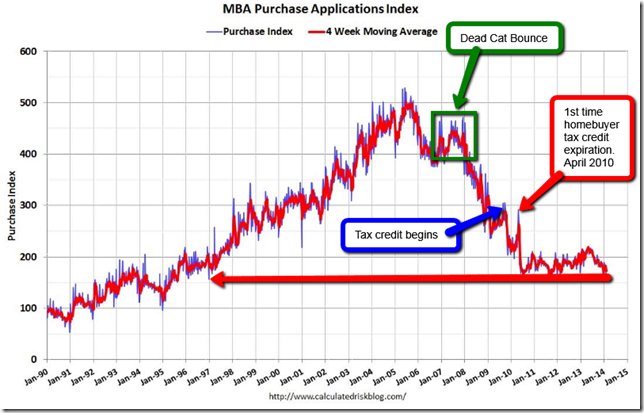












 Transitions are hard on everyone, and when the whole family is affected such as in a big move to a new home, parents often get so caught up in the logistics of the move and their own stresses that helping their children cope with the move can get lost in the chaos. Here are a few things you can do to ease the transition for your little people without adding more stress to yourself:
Transitions are hard on everyone, and when the whole family is affected such as in a big move to a new home, parents often get so caught up in the logistics of the move and their own stresses that helping their children cope with the move can get lost in the chaos. Here are a few things you can do to ease the transition for your little people without adding more stress to yourself:




